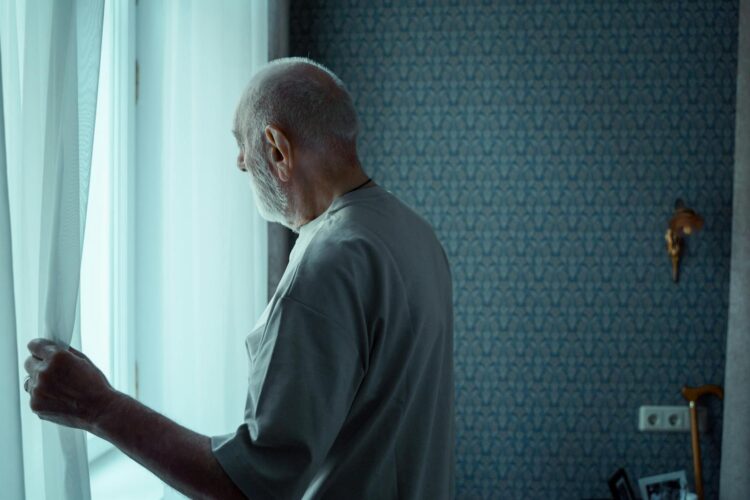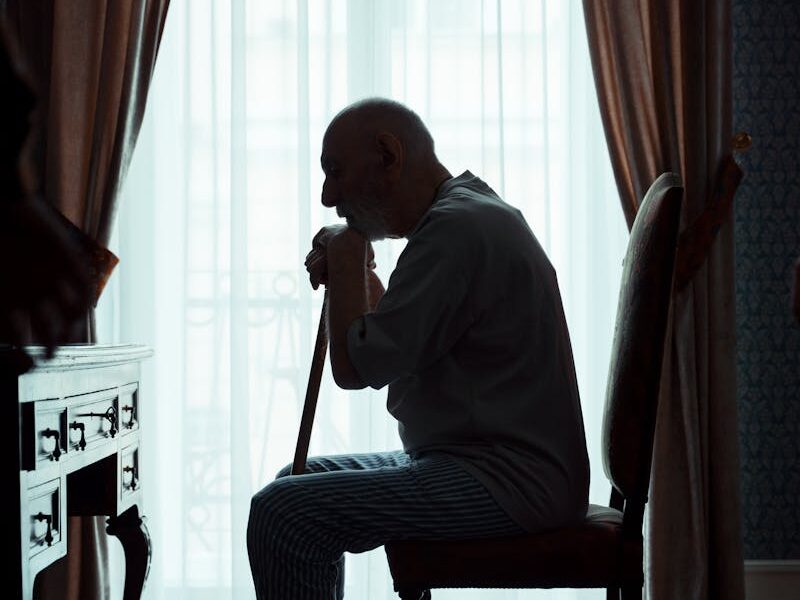
At first glance, a long-term marriage can look unshakable. Years together, shared memories, children, and a home — it all suggests stability. However, relationships don’t always collapse in dramatic fights or sudden betrayals. More often, they fall apart slowly and quietly, without anyone wanting to admit it. Here are 15 signs your long-term marriage may be quietly falling apart.
You Talk Less, and Say Even Less

Communication is the lifeline of any marriage. When conversations shrink to short updates about chores, bills, or schedules, the emotional heart of the relationship suffers. You may still speak every day, but if you’re no longer sharing your feelings, thoughts, or funny observations, the silence between you grows louder. Over time, that absence of meaningful conversation feels like a wall.
Silence Feels Heavier Than Words

Silence in a relationship can be comforting, but it can also become suffocating. If quiet moments between you no longer feel like peace but instead feel like distance, something is wrong. Couples who once enjoyed simply being in each other’s presence now fill every pause with TV, phones, or distractions, because facing the silence together feels too uncomfortable.
You Stop Fighting Altogether

It might sound like a good thing to avoid conflict, but arguments often mean both people still care. When you stop fighting completely, it usually means one or both of you have checked out emotionally. Instead of working through disagreements, you simply let things slide — not out of kindness, but because you no longer believe it matters. That indifference is far more dangerous than anger.
Affection Is Rare or Nonexistent

Small physical gestures — a hug before bed, a hand squeeze during a tough moment, a kiss in the kitchen — create closeness. When those gestures disappear, the emotional temperature of the marriage drops, too. Even if intimacy isn’t as frequent as it once was, affection should remain. Without it, both partners begin to feel more like strangers than lovers.
You Feel More Like Roommates Than Partners

Running a household requires teamwork, but when a marriage becomes only about bills, chores, and logistics, it loses its deeper bond. If your relationship feels like you’re simply sharing space, rather than building a life together, the marriage slips into roommate territory. Love can’t survive if it’s reduced to nothing but practical cooperation.
You Avoid Each Other More Than You Realize

Avoidance often creeps in subtly. Maybe you volunteer for extra shifts, linger at the grocery store, or spend more time with friends than at home. While independence is healthy, constant avoidance is not. If being with your spouse feels draining instead of comforting, you may unconsciously choose distance — a sign the emotional bond is weakening.
You No Longer Celebrate Each Other’s Wins

At the start of a marriage, partners celebrate everything together — promotions, hobbies, even small victories. But if achievements are now ignored or met with indifference, it signals emotional detachment. When your partner’s joy no longer feels like your joy, the “team spirit” of the marriage is fading away.
You Feel Drained Instead of Supported

Marriage is meant to be a place of rest, encouragement, and renewal. But if every interaction leaves you tired, frustrated, or on edge, it becomes the opposite. Instead of being your safe haven, the marriage feels like another stressor. When home no longer feels like the place you can breathe, it’s a sign the connection is breaking down.
Shared Dreams Have Disappeared

Strong couples always have a sense of “what’s next,” whether it’s planning vacations, retirement, or just small goals for the future. When those conversations stop and everything becomes about surviving the week or paying the next bill, the marriage shifts into stagnation. Without shared dreams, there’s nothing pulling you forward together.
You Keep Secrets

Secrecy isn’t always about big betrayals; it can be small things like hiding how much money you spent, not mentioning a conversation you had, or keeping your true feelings bottled up. But every secret creates distance. Marriage is built on openness, and once hiding becomes a habit, trust slowly erodes.
Physical Intimacy Is a Chore or Completely Absent

Intimacy evolves with age and circumstances, but it should still feel meaningful. When it becomes mechanical, avoided, or non-existent, it reflects more than just physical distance — it reveals emotional disconnect. Physical closeness is one way couples remind each other they’re still desired and valued. Without it, loneliness creeps in.
You Fantasize About Life Without Your Spouse

Thinking about what life would be like without your partner isn’t unusual. But if those thoughts become frequent or comforting, it’s a red flag. Fantasizing about freedom, being single, or even being with someone else can mean you’re mentally checking out of the marriage long before any physical separation happens.
Resentment Is Building Up Quietly

Unspoken frustrations pile up over time. One forgotten promise or overlooked chore doesn’t destroy a marriage, but years of unaddressed slights and disappointments turn into resentment. And resentment doesn’t just sit quietly; it changes the way you see your spouse, making kindness harder and distance easier.
You Feel Lonely in the Same Room

Few experiences feel heavier than sitting next to your spouse yet feeling completely alone. You may share the couch or the dinner table, but if you no longer feel understood, valued, or emotionally connected, that loneliness cuts deeper than physical distance ever could. It’s a clear sign the emotional glue is loosening.
You’ve Stopped Trying

Perhaps the most dangerous sign is when effort disappears. Love requires ongoing maintenance — small gestures, kind words, intentional time together. When one or both partners stop trying, the relationship begins to wither. Marriages don’t fall apart because of one moment of neglect, but because years of small efforts were abandoned.

